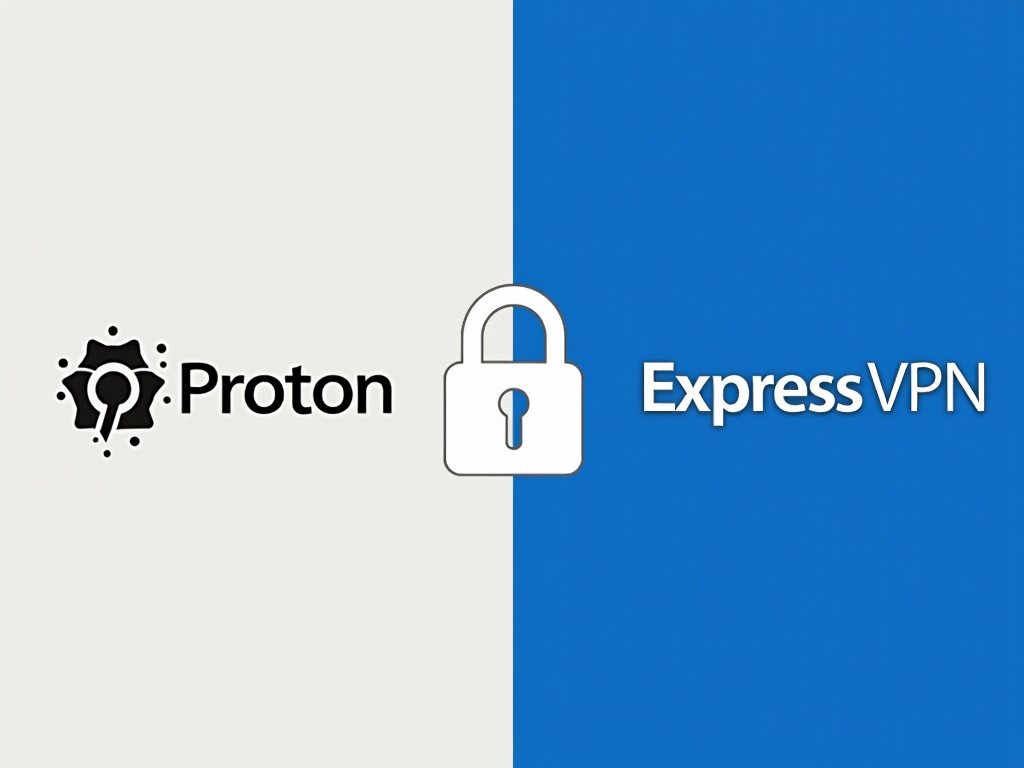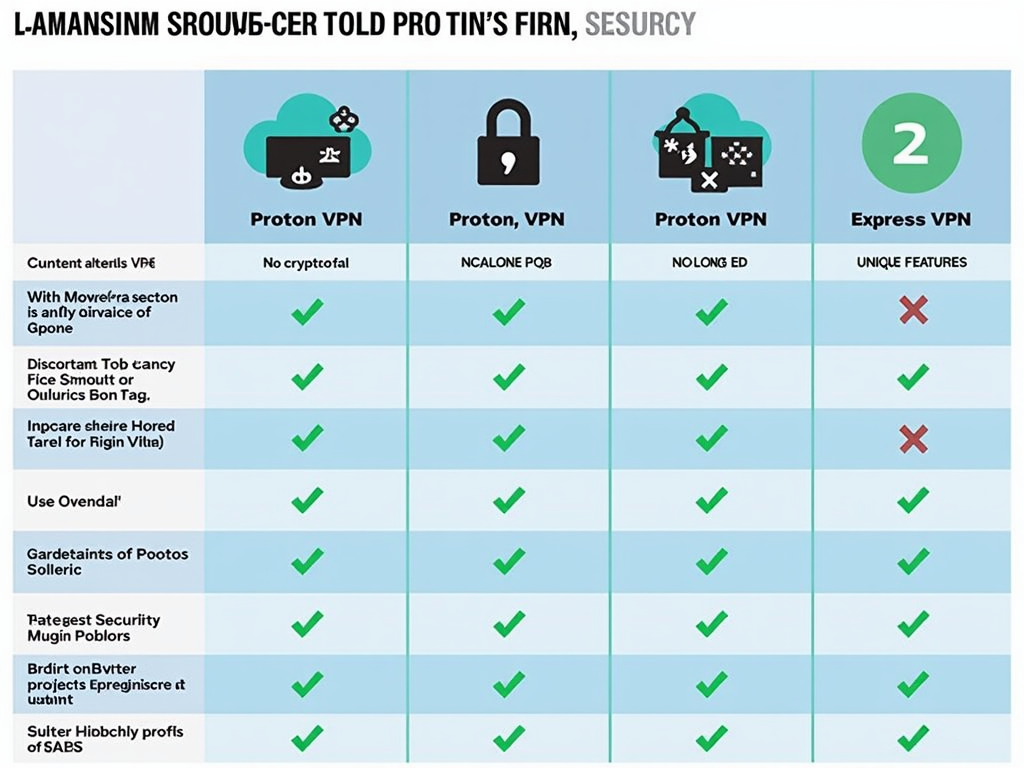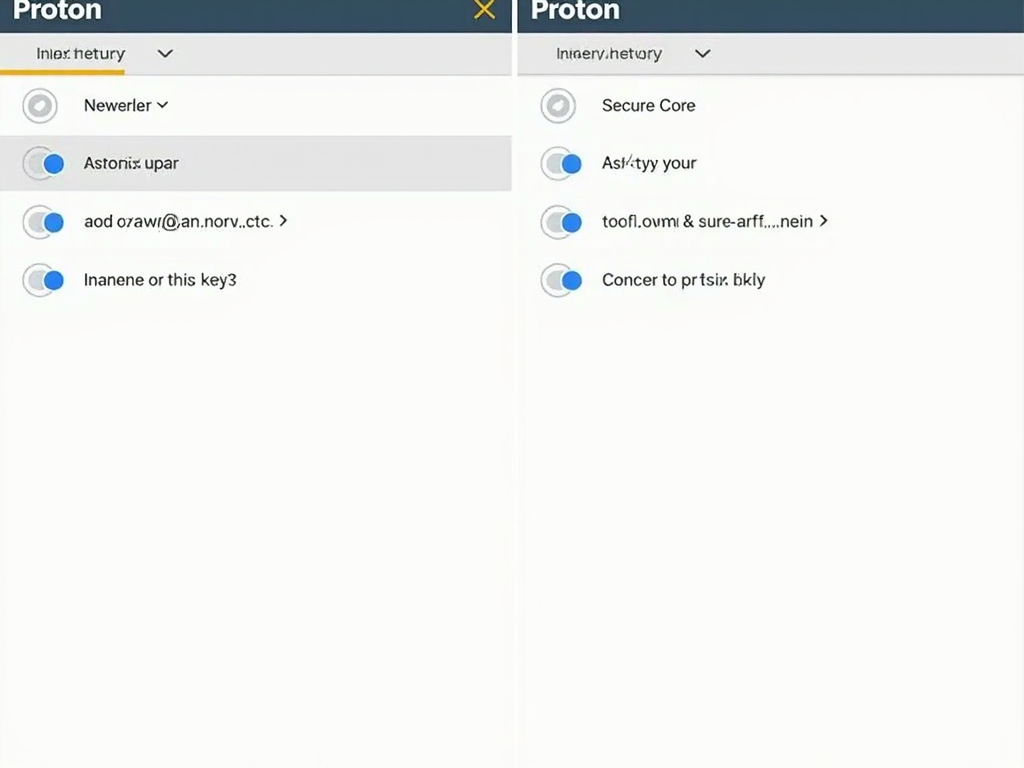Proton VPN vs Express VPN: Which Is More Secure for Your Online Privacy?
In the digital age, online privacy is more important than ever. With cyber threats lurking around every corner, choosing the right VPN can make all the difference. Proton VPN and Express VPN are two of the most popular options, but which one offers better security? In this article, we'll dive deep into their features, privacy policies, and overall performance to help you decide. Whether you're a casual internet user or a privacy enthusiast, this guide will provide valuable insights into these online privacy tools.

Understanding VPN Security
Before we jump into the comparison, let's quickly recap what makes a VPN secure. A Virtual Private Network (VPN) encrypts your internet connection, hiding your IP address and protecting your data from prying eyes. Key security features to look for include strong encryption standards, a no-logs policy, and additional tools like kill switches and split tunneling.
Proton VPN: A Closer Look
Proton VPN is developed by the same team behind ProtonMail, a secure email service. It's known for its strong focus on privacy and security. Here are some of its key features:
- Encryption: Proton VPN uses AES-256 encryption, which is considered military-grade and virtually unbreakable.
- Secure Core: This unique feature routes your traffic through multiple servers in privacy-friendly countries before reaching the internet, adding an extra layer of security.
- No-Logs Policy: Proton VPN has a strict no-logs policy, meaning they don't track or store your online activities.
- Open-Source: The VPN client is open-source, allowing anyone to audit the code for security vulnerabilities.
From personal experience, I've found Proton VPN to be incredibly reliable, especially when connecting to servers in different countries. The Secure Core feature, while slightly slowing down the connection, provides peace of mind for sensitive activities like online banking.

Express VPN: A Closer Look
Express VPN is one of the most well-known VPN services, praised for its speed and ease of use. But how does it stack up in terms of security?
- Encryption: Like Proton VPN, Express VPN also uses AES-256 encryption.
- TrustedServer Technology: This feature ensures that all data is wiped from the server every time it's rebooted, reducing the risk of data breaches.
- No-Logs Policy: Express VPN also claims to have a no-logs policy, but it's worth noting that they are based in the British Virgin Islands, which has different privacy laws compared to Proton VPN's Switzerland.
- Lightway Protocol: Express VPN's proprietary protocol is designed for speed and security, offering a lightweight alternative to traditional protocols.
In my experience, Express VPN is exceptionally fast, making it great for streaming and gaming. However, I did notice that it lacks some of the advanced security features that Proton VPN offers, like Secure Core.
Privacy Policies: Who Handles Your Data Better?
When it comes to online privacy, the way a VPN handles your data is crucial. Let's compare the privacy policies of both services.
- Proton VPN: Based in Switzerland, Proton VPN benefits from some of the strictest privacy laws in the world. They have a transparent no-logs policy and have undergone independent audits to verify their claims.
- Express VPN: While Express VPN also has a no-logs policy, their location in the British Virgin Islands raises some concerns. Although the BVI has no data retention laws, it's still part of the UK's jurisdiction, which is part of the Five Eyes alliance.
For users who prioritize privacy above all else, Proton VPN might be the better choice due to its location and transparent policies.

Performance and Usability
Security isn't the only factor to consider when choosing a VPN. Performance and usability are also important.
- Proton VPN: Offers a free tier with limited features, but the paid plans provide access to a wide range of servers. The interface is user-friendly, but the connection speeds can be slower compared to Express VPN, especially when using Secure Core.
- Express VPN: Known for its blazing-fast speeds, Express VPN is ideal for streaming and torrenting. The app is intuitive and works seamlessly across multiple devices.
If speed is your top priority, Express VPN might be the way to go. However, if you're willing to sacrifice a bit of speed for enhanced security, Proton VPN is a solid choice.
Pricing and Plans
Both VPNs offer various pricing plans, but they differ in terms of cost and features.
- Proton VPN: Offers a free plan with limited servers and a paid plan starting at $4 per month. The paid plan includes access to all servers and features like Secure Core.
- Express VPN: Does not offer a free plan, with prices starting at $8.32 per month. However, it often runs promotions that can lower the cost.
For budget-conscious users, Proton VPN's free plan is a great way to test the service, but the paid plans are also competitively priced.

Conclusion
So, which VPN is more secure? Both Proton VPN and Express VPN offer robust security features, but they cater to different needs.
- Proton VPN is ideal for users who prioritize privacy and are willing to sacrifice some speed for advanced security features like Secure Core.
- Express VPN is better suited for users who need fast speeds for streaming and gaming, with solid security features but fewer advanced options.
Ultimately, the choice depends on your specific needs. If you're looking for the highest level of security and privacy, Proton VPN is the way to go. But if speed and ease of use are more important, Express VPN is a great option.
For more information on online privacy tools, check out the recommended readings below.